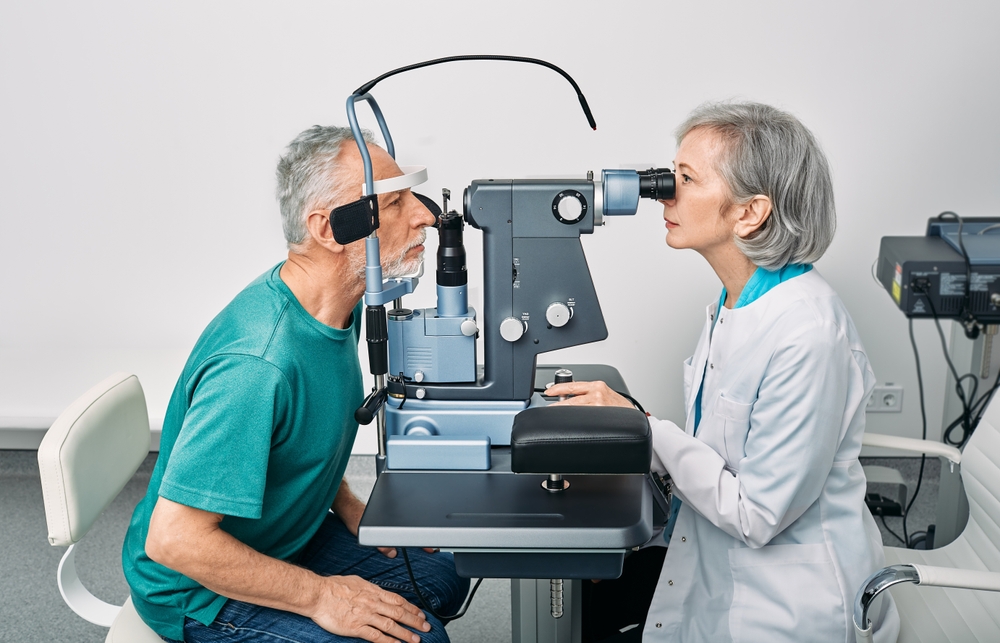
If you have diabetes, taking care of your vision is just as important as managing your blood sugar levels. Diabetes can significantly increase your risk for several serious eye conditions, making regular eye exams a crucial part of your health routine.
The Impact of Diabetes on Vision
Diabetes affects the small blood vessels throughout your body, including those in your eyes. Over time, consistently high blood sugar levels can damage these vessels, particularly in the retina, the light-sensitive tissue at the back of your eye. This damage increases your risk of developing several serious diabetic eye conditions.
One of the most common is diabetic retinopathy, which occurs when the blood vessels in the retina are damaged. If left untreated, it can lead to permanent vision loss. Another condition, diabetic macular edema (DME), involves swelling in the macula—the central part of the retina responsible for sharp, detailed vision. DME can cause blurred or distorted vision and may progress without noticeable symptoms.
People with diabetes are also at greater risk for developing cataracts at an earlier age. Cataracts cause the eye's natural lens to become cloudy, resulting in decreased vision. In addition, glaucoma is more than twice as common in individuals with diabetes.
These conditions often develop silently, without obvious warning signs in their early stages. Early detection through a comprehensive diabetic eye exam is critical to preserving your vision and managing your overall eye health.
What Is a Diabetic Eye Exam?
A diabetic eye exam is a specialized, comprehensive evaluation of your eye health performed by an optometrist or ophthalmologist. During this exam, your doctor will:
Dilate your pupils to closely examine the retina and optic nerve
Check for signs of diabetic retinopathy, macular edema, cataracts, and glaucoma
Conduct imaging tests such as retinal photography or optical coherence tomography (OCT), if needed
Monitor changes in your vision or eye health from year to year
How Often Should You Have a Diabetic Eye Exam?
For most individuals with diabetes, a comprehensive diabetic eye exam should be scheduled once a year. If you have Type 2 diabetes, it's recommended to begin eye exams at the time of diagnosis. For those with Type 1 diabetes, the first exam should take place within five years of diagnosis.
At Clarity Vision, our Suffolk team tailors your exam schedule based on your unique needs. If we notice early changes or you’re at higher risk, we may recommend more frequent visits to closely monitor your eye health.
Protect Your Vision with Preventive Care
Diabetic eye disease is one of the leading causes of vision loss in adults. With routine eye exams and personalized care, you can preserve your vision and catch potential issues before they progress.
Schedule your diabetic eye exam at Clarity Vision to stay on top of your vision and eye health. Visit our office in Suffolk, Virginia, or call (757) 638-2015 to book an appointment today.
















